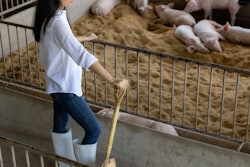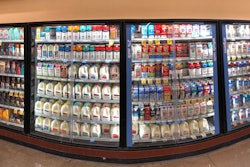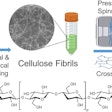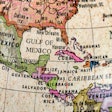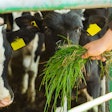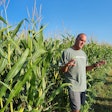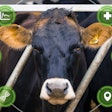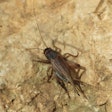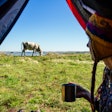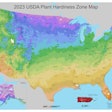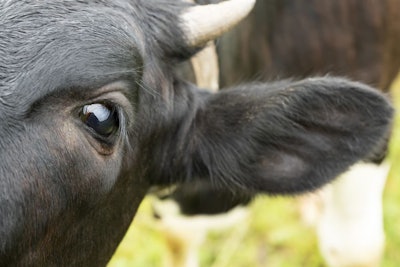
Could genetically modified cattle be the key to preventing infection in humans?
Early in the novel coronavirus (COVID-19) pandemic, I wrote about how top secret government chickens are involved in the development of vaccines for use in humans. And now we’ve learned that magic cows can produce antibodies that can protect humans from the virus.
OK, the cows aren’t magic, but they are special: They’ve been genetically modified to make their immune system like that of humans’. According to an NPR report, “These special cows are injected with what essentially amounts to a coronavirus vaccine that will then cause them to try to fight off what the body sees as an infection — and they will produce a specifically targeted high-neutralizing antibody that can be used in patients.” These targeted high-neutralizing antibodies can slow or prevent an infection from a virus.
Other animals can be used to produce these antibodies, but Sioux Falls, South Dakota-based SAB Biotherapeutics is using cows because they produce huge amounts of antibodies in their blood – up to twice as many per millimeter as human blood.
“Essentially, the cows are used as a giant bioreactor,” said viral immunologist William Klimstra of the University of Pittsburgh, in a Science report.
Cows also produce a variety of antibodies, which recognize several parts of the virus.
“So, if you inject these special cows with what essentially amounts to a coronavirus vaccine, that prompts the cows to make human coronavirus antibodies,” the NPR report said.
SAB Biotherapeutics has already completed a clinical trial with antibodies produced by cows to fight Middle East respiratory syndrome (MERS). In trials underway to combat COVID-19, cow-produced antibodies have shown to be four times more effective than convalescent human plasma at preventing the virus from entering cells.
While Science notes that no antibodies generated by the animals have been approved for treating any disease, SAB told NPR it hopes to start testing them in humans this summer.


